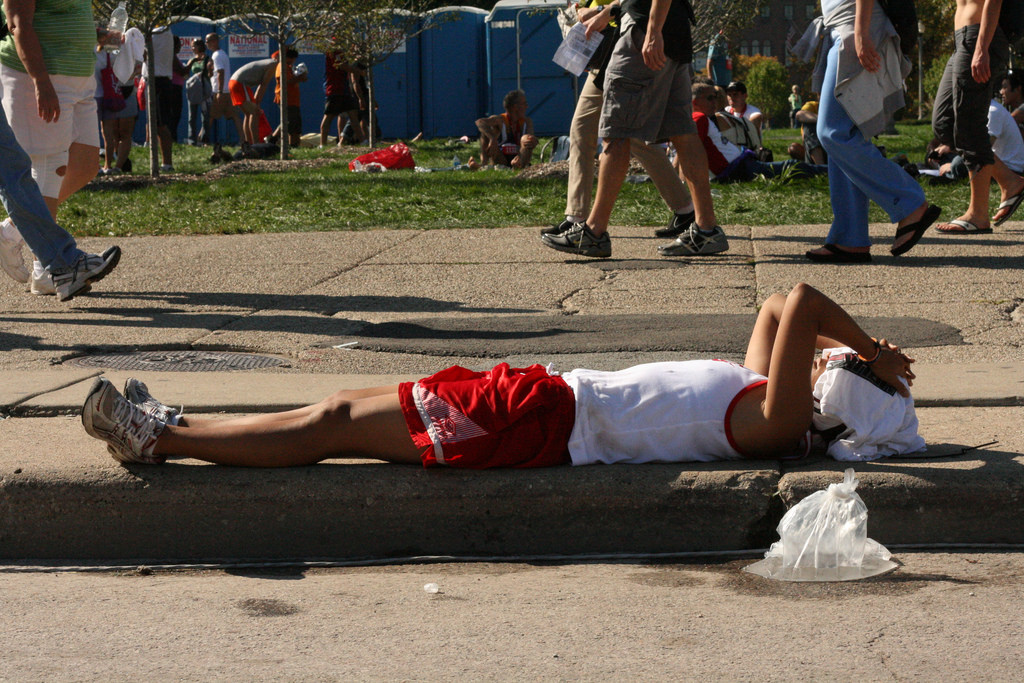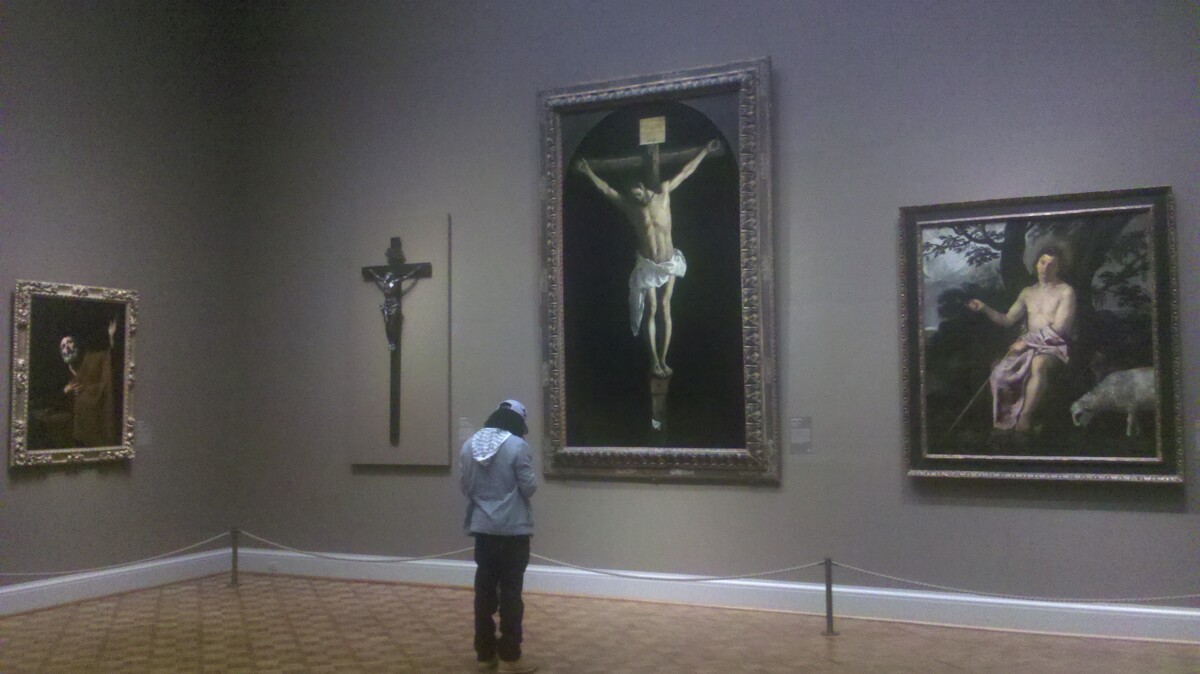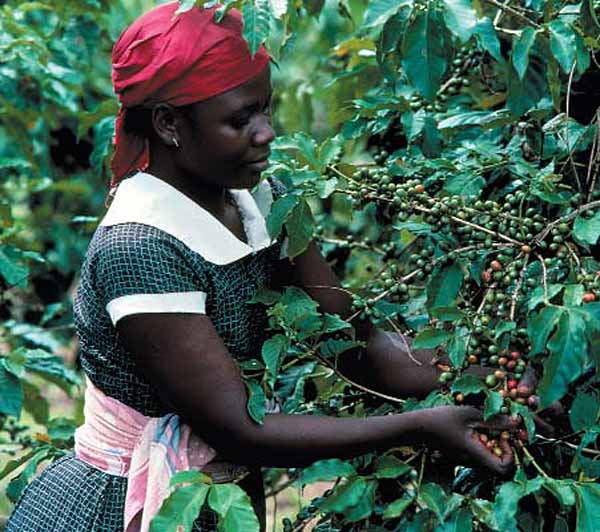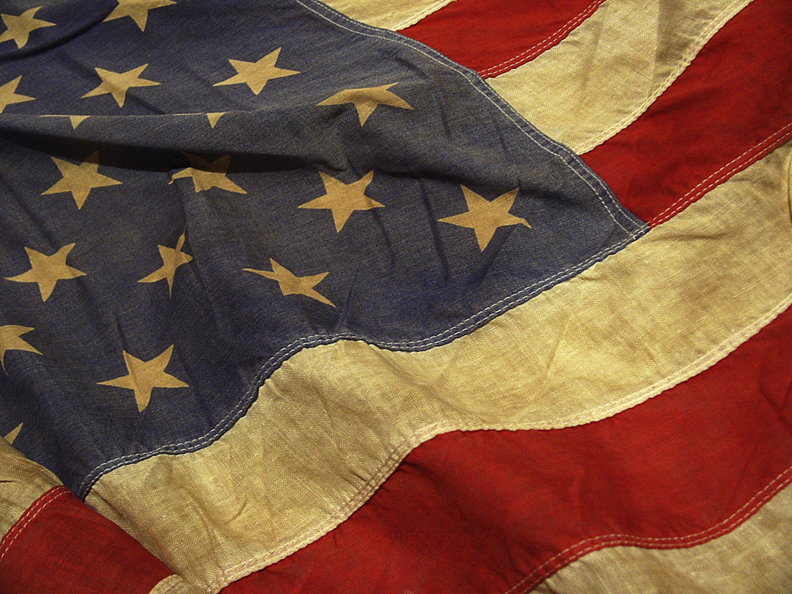Theology’s Identity in an Age of Global Crisis: An Interview with Carl Raschke
Carl Raschke discusses how critical theory might inform theology in an age of neoliberalism, political upheaval, nationalism, and the precariat class.

Carl Raschke discusses how critical theory might inform theology in an age of neoliberalism, political upheaval, nationalism, and the precariat class.

Brett Beasley finds that the marathon is the sport of those humble creatures who fail, but it is watched by those who still think that they are heroes.

Pain and trauma can lead us beyond the limits of our conceptual frameworks to new ways of connecting with God and others.

Several pieces displayed in an art museum exhume the challenging past that led one young poet to a renewed sense of faith.

This essay addresses the problem of capitalism by suggesting a theology of communitas, particularly as actualized in the coffee industry through the concept of After Trade.

Taking London, England, and Durham, North Carolina, as geographical and narrative bookends, Luke Bretherton looks at the history of movement between these two locations as a step toward making sense of his own recent move from London to Durham. By situating his own work on community organizing within this flow of movements, or peregrinations, between the two cities, Bretherton provides a historical and theological argument for a constructive relationship between Christianity and democratic politics.
(Due to a scheduling error, this is just posting today, but it should have posted on Thursday. Our apologies.) Last November saw the release of the excellent and illuminating (and convicting) book by Daniel Bell Jr.,–the latest in the Church and Postmodern Culture Series–The Economy of Desire: Christianity and Capitalism in a Postmodern World. Bell’s […]
In this essay, Roy Barsness offers a Christian perspective on politics and citizenship; that of loving our neighbor as oneself.

Over the past several days, I have seen at least two dozen friends and acquaintances on Facebook and Twitter post a link to this web comic from The Oatmeal entitled “How To Suck at Your Religion.” This comic, written by Oatmeal founder Matthew Inman, was re-posted several times by friends of mine who are atheists and agnostics […]